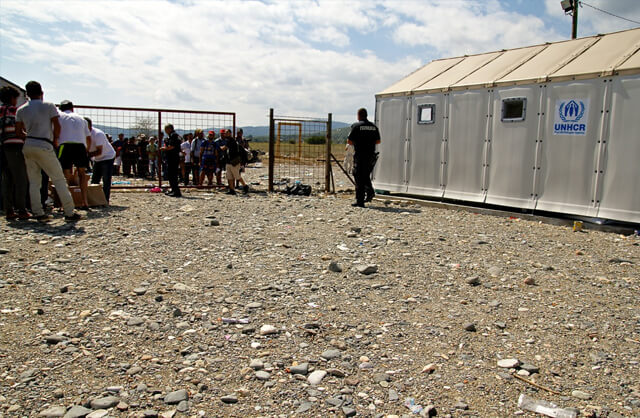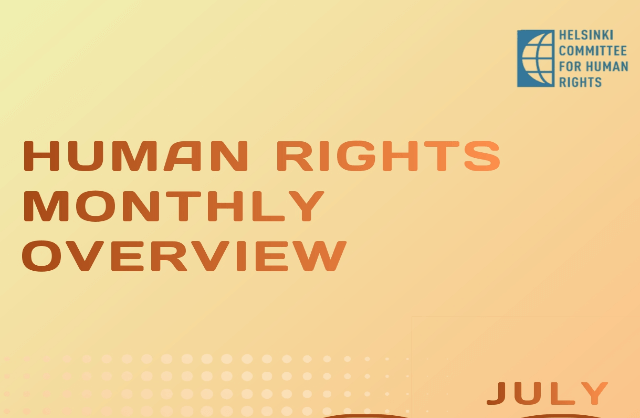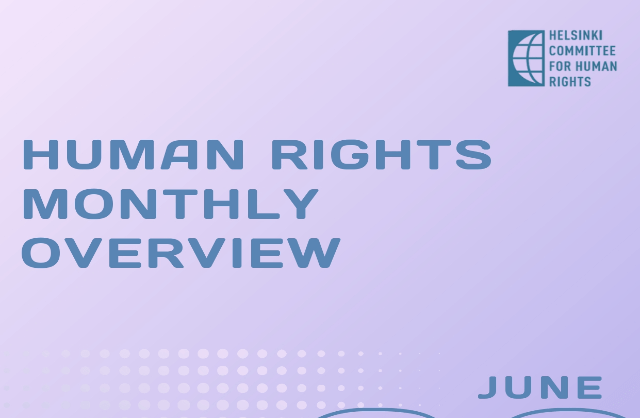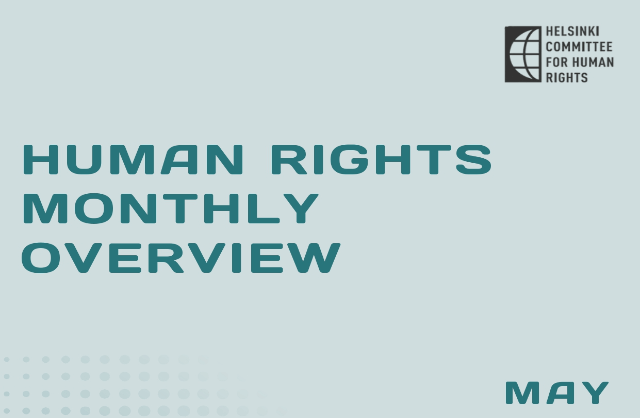The situation at the border crossings Gevgelija and Kumanovo for the period: 14.12.2015 – 20.12.2015
December 22, 2015

The weekly report on the situation at the border crossings Gevgelija and Kumanovo includes the following topics: Available facilities and conditions at the camp and Institutional treatment.
Gevgelija
Available facilities and conditions in the camp
The flow of refugees has declined in the past few weeks. A total of 17,046 refugees were registered during this period. The camp has been significantly upgraded, several new tents have been set up, as well as one stronger building designed to provide shelter to children and their mothers.
Gas heaters – typhoons, were being set up in the camp in the three new big tents, as well as under two canopies near the railroad and in the open space area where tea is served. 12 new people have been hired for maintenance of the heaters. However, the nights are quite cold which leads to an increased need of blankets.
The Czech ambassador to Macedonia paid a visit to the camp, as well as representatives of Fronteks.
Institutional treatment
When guiding the refugees into the tents and towards the ticket office of Macedonian Railroads, certain police officers often use their batons. An insufficient number of police officers are deployed to control a larger group of people (for example, in one shift 5 police officers were guiding a group of 930 people), which leads to constant outbursts of anxiety and verbal conflicts. Whenever any of the refugees stray away a little from the lines, the police officers try to bring them back in line by using their batons. The rest of the official personnel (members of the uniformed police or the special support unit) are doing their job professionally, paying due respect to the refugees and giving them help when necessary.
The Helsinki Committee urges the officials deployed on-field to take action towards preventing the unprofessional treatment of their colleagues who do not respect the refugees’ integrity and dignity, in order to protect both, the refugees, as well as the integrity of the profession of police officers as a whole.
In the course of several days this week, the refugees were not allowed to take a bus or a taxi to get to Tabanovce, but were held in the camp for 10 or more hours, until the train was filled to full capacity (i.e. overcrowded). At the same time, the abuse perpetrated by individuals – employees of Macedonian Railroads, who charge tickets for children younger than 10 years of age, charge amounts significantly higher than 25 EUR per ticket under the excuse that they have no change and treat the refugees in a rude and degrading manner, continues. In a single occasion towards the end of the week, a group of 214 refugees were allowed to get on buses and taxis.
Kumanovo
Available facilities and conditions
There is continual work on camp upgrade. Sleeping beds are being set up in the two big tents, as well as a new floor. Furthermore, gas heaters (typhoons) have been set up, which were put into use towards the end of the week.
There is a great deficit of wheelchairs in the camp. A lot of people with disabilities arrive there and since there is no other way for them to move, their relatives ones carry them in their arms.
Institutional treatment
A problem reoccurs with the refugees who lose their documents when travelling by train in the small hours and fall asleep on the train. They are unable to proceed with their journey to Serbia, so sometimes it is necessary for them to go back to Gevgelija in order to get new documents. The police are making efforts to check whether those people were registered at the border crossing in Gevgelija via phone, and in case they had been registered, they are issued documents.
Refugees coming from countries which are not allowed to further proceed with their journey, having gone through illegal crossings, the so-called “economic migrants” arrive daily and continue on foot from Gevgelija to Tabanovce. They are tired, hungry and in a bad condition. On 20.12.2015, on the regional road Gradsko-Veles, two Macedonian citizens (aged 17 and 19) were discovered transporting five refugees (from Morocco and Algeria). When the refugees asked to get off the vehicle, a physical clash occurred in which the driver ended up injured with a knife. The refugees were found and detained by regional branch of MoI in Veles, and the police is investigating the case.
On the 16.12.2015, 17 refugees of various ages were discovered on a cargo train. After the report of the camp employees and the reaction of the police, it was determined that Greek citizens had lied to them that the cargo train proceeds directly to Serbia. They also charged them 2000 EUR per person to get them on the cargo train. They were sheltered in the camp, and the police issued them documents whereby they continued on their way.
In the course of the week, the police filed criminal charges against two Macedonian citizens who used a car to steal blankets from the container where the blankets used by the refugees are stored. The refugees in the camp reported once case in which the camp janitors stole their mobile phones and money. After the case was reported, one of them gave back one of the phones, and said that he had not taken the other phones. The cases of theft increase in frequency, and although they are reported to the police, no preventative measures against them are taken.
The Helsinki Committee strongly urges the Ministry of Interior to take action upon this type of reports, to prevent the robberies by people hired to work in the camp, as well as take measures to prosecute the perpetrators of theft and hold them responsible for their actions.

This report is made possible by the generous support of the Foundation Open Society Institute (FOSI) within the project „Improvement of the rights protection for migrants and asylum seekers in the Republic of Macedonia“. The contents are the responsibility of the Helsinki Committee for Human rights of the Republic of Macedonia and do not necessarily reflect the views of FOSI.


